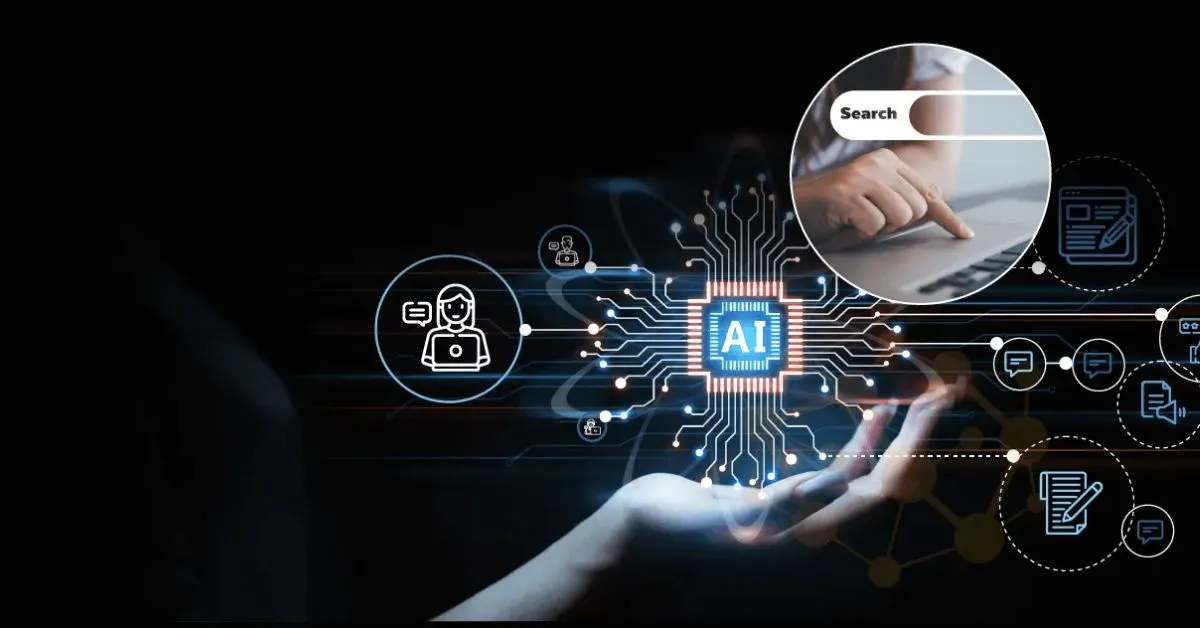In an era dominated by technological advancements, artificial intelligence (AI) has emerged as a transformative force in various fields. One notable aspect of AI’s impact is its role in content generation, a trend that is reshaping how information is created and disseminated.
Contrary to concerns about the authenticity of AI-generated content, there is a compelling argument that it is, in fact, raising the value of trust in the digital landscape. In this post, we will explore how AI-generated content is influencing the concept of trust and credibility, both for consumers and content creators.
Understanding AI-Generated Content:
AI-generated content involves the use of algorithms and machine learning models to create text, images, videos, and other forms of media. These systems analyze vast datasets to learn patterns, styles, and context, enabling them to generate content that, in some cases, is indistinguishable from human-created content. This technology has found applications in various fields, from automating mundane writing tasks to creating compelling marketing materials.
Enhanced Efficiency and Consistency:
One of the primary advantages of AI-generated content is its ability to enhance efficiency and ensure consistency. Machines can tirelessly produce content at a rapid pace, maintaining a consistent tone and style. This has significant implications for businesses and content creators seeking to deliver a cohesive brand message across various platforms. By automating repetitive tasks, AI allows human creators to focus on more complex and creative aspects of their work.

Fostering Trust through Credibility:
Contrary to concerns about AI-generated content eroding trust, it can actually foster credibility when implemented thoughtfully. Advanced natural language processing algorithms can produce content that is factually accurate, free of biases, and tailored to the audience’s preferences. This accuracy contributes to the establishment of trust, as consumers rely on reliable information to make informed decisions.
Personalization and Audience Engagement:
AI’s ability to analyze vast datasets and user behavior enables the creation of highly personalized content. This personalization enhances the overall user experience, as consumers receive content that resonates with their interests and preferences. By providing relevant and engaging material, AI-generated content builds trust by demonstrating an understanding of the audience’s needs and preferences.
Mitigating Biases for Inclusive Content:
One significant challenge in content creation is the presence of biases, both conscious and unconscious. AI, when programmed and trained responsibly, has the potential to mitigate biases and promote inclusivity. By relying on data-driven insights rather than subjective perspectives, AI-generated content can contribute to the creation of fair and unbiased information, fostering trust among diverse audiences.
Combating Misinformation and Fake News:
The proliferation of misinformation and fake news has been a growing concern in the digital age. AI technologies, equipped with the ability to fact-check and verify information, can play a crucial role in combating false narratives. By ensuring the accuracy of content, AI-generated material contributes to a more trustworthy information ecosystem, instilling confidence in consumers and reducing the spread of misleading information.
Transparency in AI-Generated Content:
While AI-generated content holds promise in enhancing trust, transparency remains a key factor in its acceptance. Content creators and businesses must be transparent about the use of AI in content generation, ensuring that consumers are aware when they are engaging with machine-generated material. Open communication about the role of AI in the content creation process helps build trust by establishing clear expectations.
Human-AI Collaboration:
Rather than replacing human creators, AI is best utilized as a tool for collaboration. The synergy between human creativity and AI efficiency can result in content that combines the best of both worlds. Humans bring intuition, emotional intelligence, and a nuanced understanding of context, while AI contributes speed, consistency, and data-driven insights. This collaborative approach not only enhances the quality of content but also reinforces trust by showcasing the strengths of both human and machine intelligence.
The Evolving Role of Content Creators:
As AI becomes more integrated into the content creation landscape, the role of content creators is evolving. Instead of focusing on routine and repetitive tasks, creators can shift their attention to strategic thinking, creative ideation, and cultivating deeper connections with their audiences. This evolution positions content creators as curators and strategists, ensuring that the human touch remains an integral part of the content landscape.
Educating Users about AI-Generated Content:
To fully realize the benefits of AI-generated content, educating users about the technology’s capabilities and limitations is essential. Consumers need to understand the role of AI in content creation and develop a discerning eye for machine-generated versus human-generated material. By promoting digital literacy and awareness, the transition to an AI-enhanced content landscape can be more seamless, further contributing to the value of trust.

Conclusion:
The rise of AI-generated content presents a paradigm shift in how information is created and consumed. Rather than undermining trust, thoughtful implementation of AI in content creation has the potential to elevate the value of trust in the digital landscape. Through enhanced efficiency, credibility, personalization, and transparency, AI-generated content contributes to a more reliable and engaging digital experience.
As technology continues to advance, the collaboration between human creativity and AI capabilities will shape a future where trust and innovation coexist harmoniously in the evolving world of content creation.










